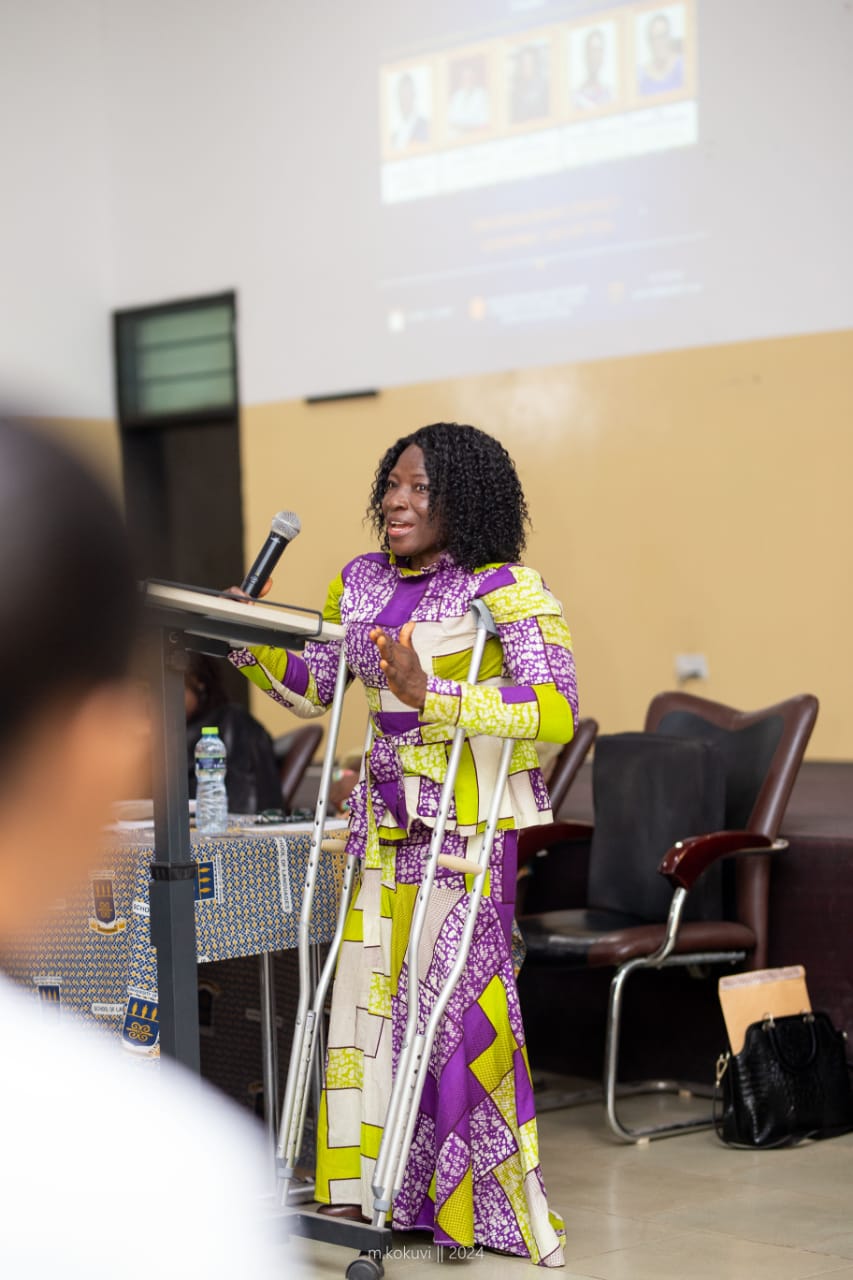Dr. Augustina Naami, a Senior Lecturer and Head of the Social Work Department of the University of Ghana has advocated the need to create awareness of mental illness.
Speaking at the official launch of Project 2024, held at the University of Ghana on Saturday, February 24, 2024, Dr. Naami in her presentation highlighted that “Mental Illness is not a death sentence”.
Underscoring the prevalence of mental health issues in Ghana, Dr. Naami indicated that an estimated 3.1 million Ghanaians live with mental health conditions.
She urged families and caregivers of individuals diagnosed with mental illness to provide unwavering support, stressing the pivotal role of familial bonds in the recovery journey. She emphasized that nurturing close relationships with those afflicted can profoundly impact their healing process.

Moreover, Dr. Naami shed light on the intersectionality of mental illness with disability, gender, aging, and other vulnerabilities. She elucidated how these intersecting factors can complicate individuals’ experiences and hinder their access to essential resources and support systems.
Drawing attention to the obstacles faced by individuals with disabilities, she noted the additional barriers which include physical, informational, and communicative that impede their access to mental health services.
Furthermore, Dr. Naami addressed the pervasive issue of stigma and discrimination surrounding mental illness, particularly concerning individuals with disabilities. She emphasized that societal prejudices worsen the stigma already associated with mental health conditions, resulting in social isolation and diminished opportunities for employment and social integration.
The Mental Health advocate’s impassioned plea for heightened awareness and support for mental health issues underscores the critical need for collective action. By fostering understanding, compassion, and inclusivity, she advocates for a society where individuals struggling with mental illness can find solace, acceptance, and the resources they need to thrive.
She reiterated that “Mental illness is not a death sentence,” and with concerted efforts towards education, advocacy, and reform, we can create a brighter, more inclusive future for all.



